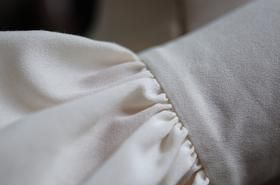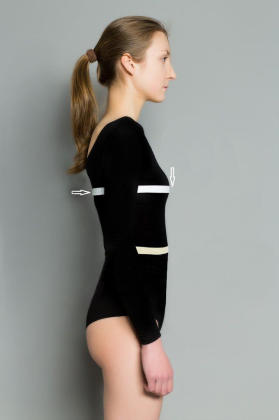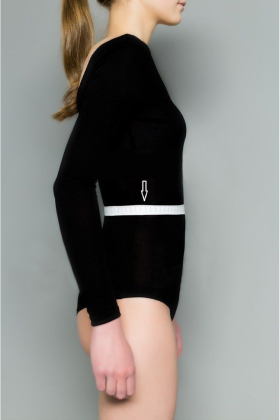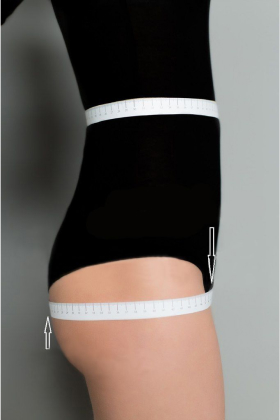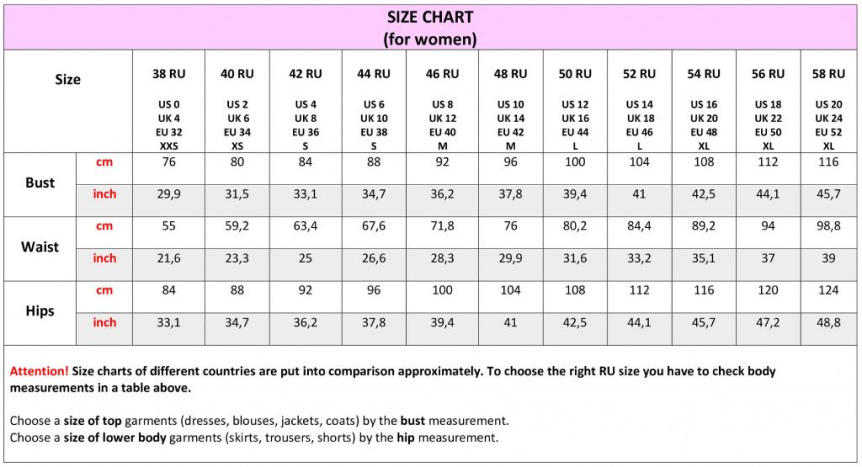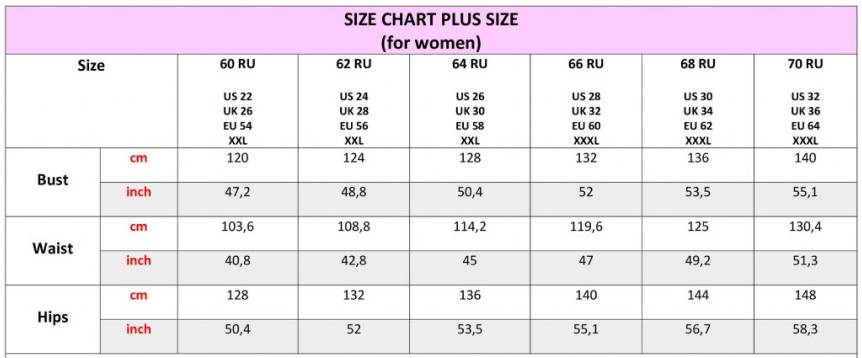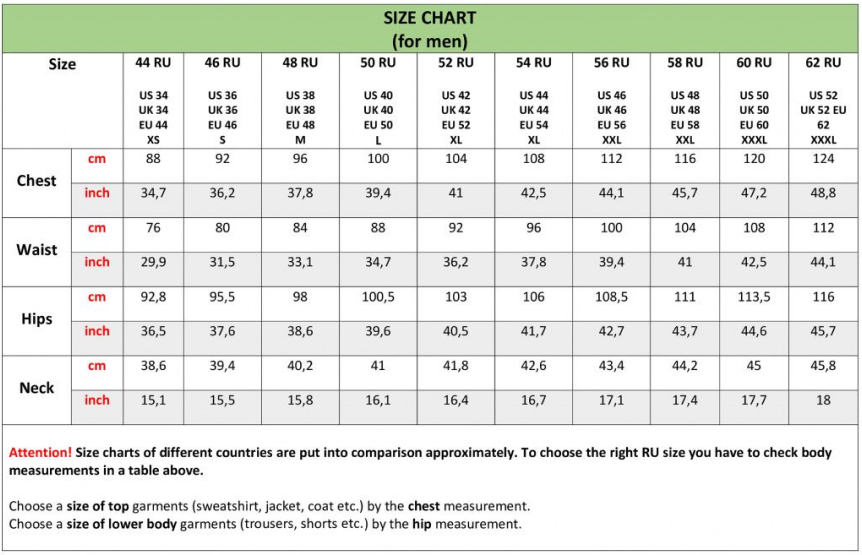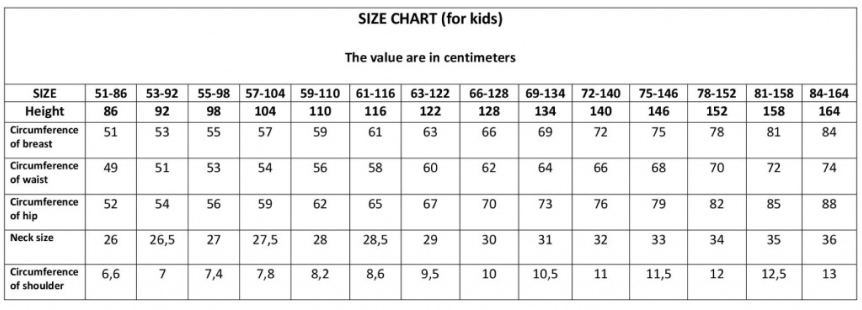Hooded jacket sewing patterns
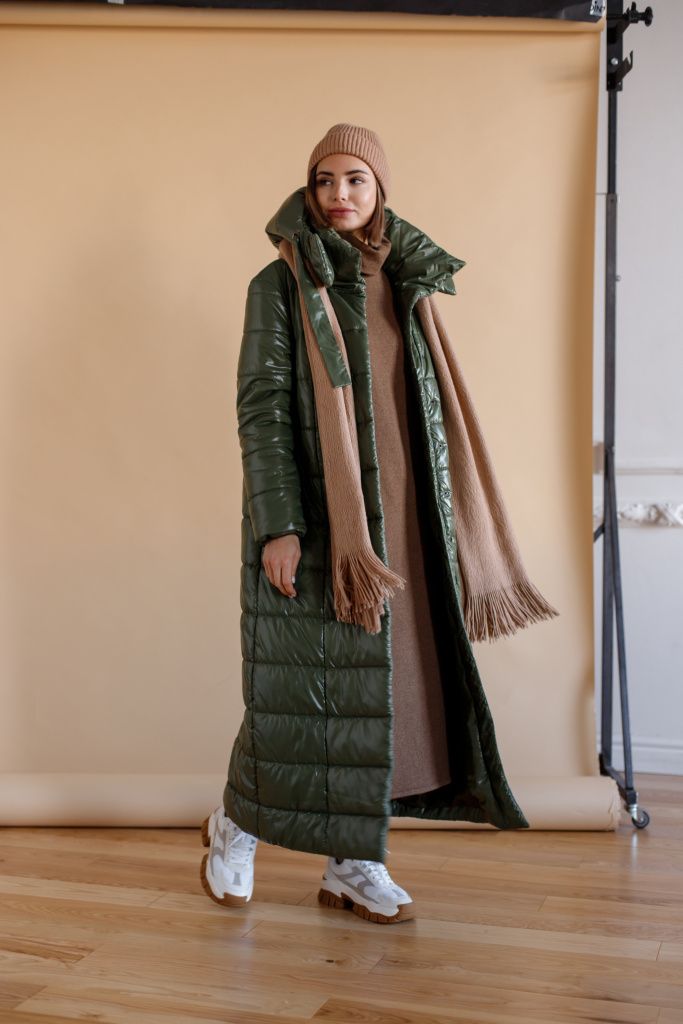
Making your own hooded jacket can be a fun and doable sewing project, even if you're just starting out. It might look hard at first, but with a good plan and a quality hooded jacket sewing pattern, you’ll be able to create something useful and stylish.
Getting Started with Patterns for Sewing a Hooded Jacket
This guide goes over the basics—like choosing and using a hooded jacket sewing pattern you can download as a PDF.
Choosing the Right Pattern
Finding a jacket with a hood pattern is the first, most important step. There are options to choose from (light windbreakers or thick coats); both can work depending on your needs. Hooded jacket sewing patterns usually come with simple instructions; they also give design tips, like where seams should go and options for fit and style. Grab a pattern that fits your skill level—easy ones are perfect for beginners, and tougher designs are a fun challenge for those with more experience.
Download hooded coat patterns in PDF format to print right at home to make it easy to get started; a digital version also allows you to save it for future projects. Look for models with a wide size range to ensure the right fit.
Picking the Right Fabric
When you’re making a hooded jacket, it’s really important to pick the right external shell fabric. You want something warm, comfortable, and strong enough for cold weather. The best choices for the external shell fabric are fleece, canvas, or waterproof material. These work well in cool weather and can handle a lot of use. For spring, choose cotton or nylon—they are breathable and suitable for mild weather.
There are endless fabric options to try, so have fun choosing! Fleece is cozy, or you can try quilted fabric if you want it even warmer. Just make sure to adjust your sewing machine if the fabric is thick, so it sews smoothly.
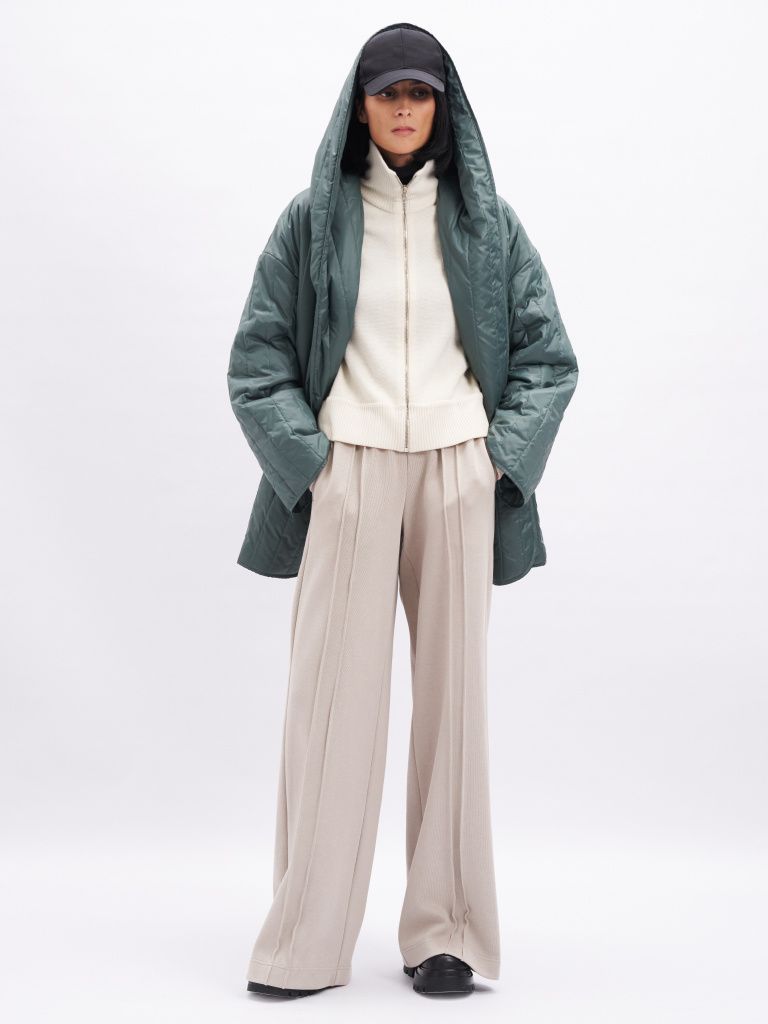
Essential Jacket Details to Include
Adding the Perfect Hood
A hood is essential for any winter jacket. Many hooded coat sewing patterns feature different hood styles, from adjustable to fixed, which you can match to your style preference. Adding a hood requires some extra sewing, so it is recommended to watch for options with detailed instructions to make this step easier.
Snap Buttons and Zippers
Details like snap buttons and front zippers make a jacket practical and stylish. Most winter outerwear models have a front zipper for easy use. Snap buttons are a great addition, helping the jacket close securely in windy or cold weather. These features give it that classic hoodie style found in the PDF patterns for hooded coats.
Unique Sleeve Designs
Sleeves can totally change the look of your jacket. For example, batwing sleeves give a looser fit, adding comfort and extra room. Some jackets with hood pattern options also include cropped or elasticized hems that fit snugly around the waist, helping to keep the warmth in.
Stylish Touches
Elements that make the jacket stand out:
- Diagonal seams.
- Chest design.
Customization options:
- Embroidery;
- Patches;
- Extra pockets.
These details allow you to create a truly unique model.
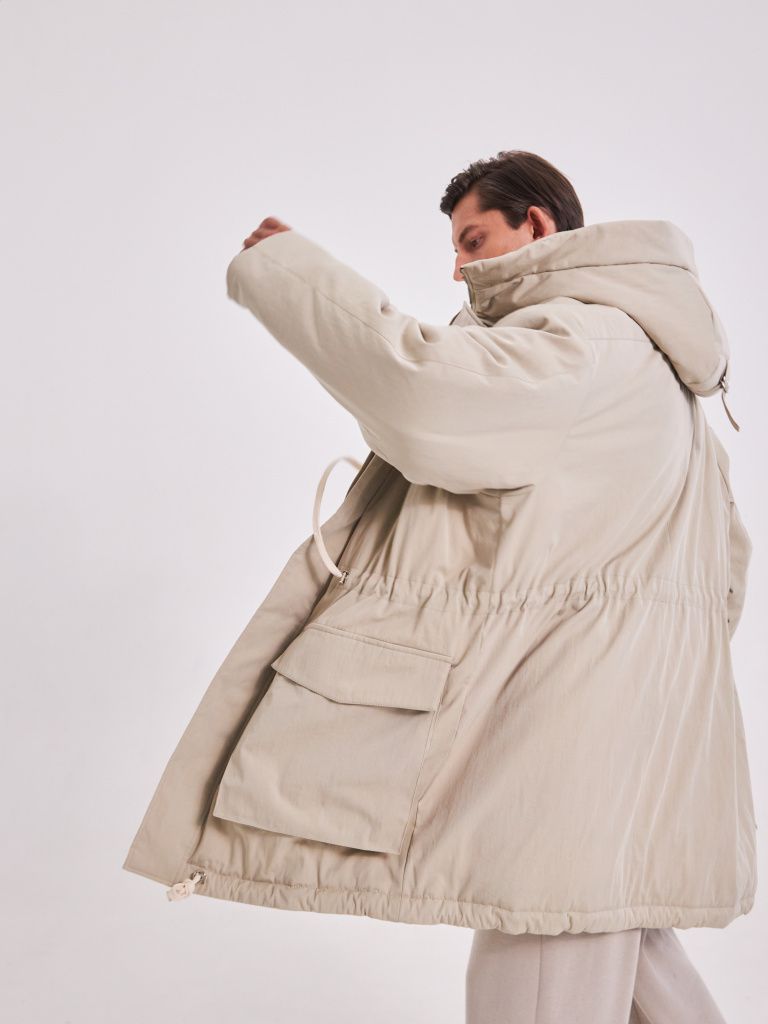
Key Techniques for a Quality Finish
Seam Allowance and Construction
Good seam work is essential to a durable jacket. Most hooded coat sewing patterns include seam allowance guidelines; stick to these to avoid altering the fit. French and back seams make coats stronger, prevent fraying, and keep the inside looking neat.
Creating a winter jacket comes down to balancing warmth, comfort, and style. Here’s a quick checklist for a well-made jacket:
- Outer Fabric: Choose wind- and moisture-resistant material to keep warmth inside.
- Functional Details: Snap buttons, front zipper, wide sleeves, elastic bottom, shorter length, hood, or wide collar.
- Strong Seams: French or back seams for durability and clean lines.
- Optional Features: Pockets, quilted patterns for added warmth and unique style.
- Finishing Touches: Reinforce the neckline and hood, and hem sleeves and bottom for a polished, durable finish.
Lining and Quilting for Warmth
Adding a lining can significantly increase the warmth of your jacket, especially in winter. Quilted linings, for example, not only add warmth but also give a structured, stylish look. With coat sewing patterns, you’ll often see instructions on adding lining and quilting options. Following these rules can make a big difference (especially in extreme cold).
Finishing Touches
The final touches—like hemming and adding extra support to spots like the neckline and hood—really pull the whole jacket together. A solid hem at the bottom and on the sleeves helps stop wear and tear, especially with thicker fabrics. If you want a polished, pro look, most sewing patterns include tips on hemming and finishing stitches to make it look top-notch.
Additional Tips for Beginners
If you’re new, start with simple patterns that are easy to follow. Go for lightweight coats or spring windbreakers first—they’re less complicated. Choose patterns with clear instructions and step-by-step pictures. Our videos can help too. Every step is practice, so enjoy the process!
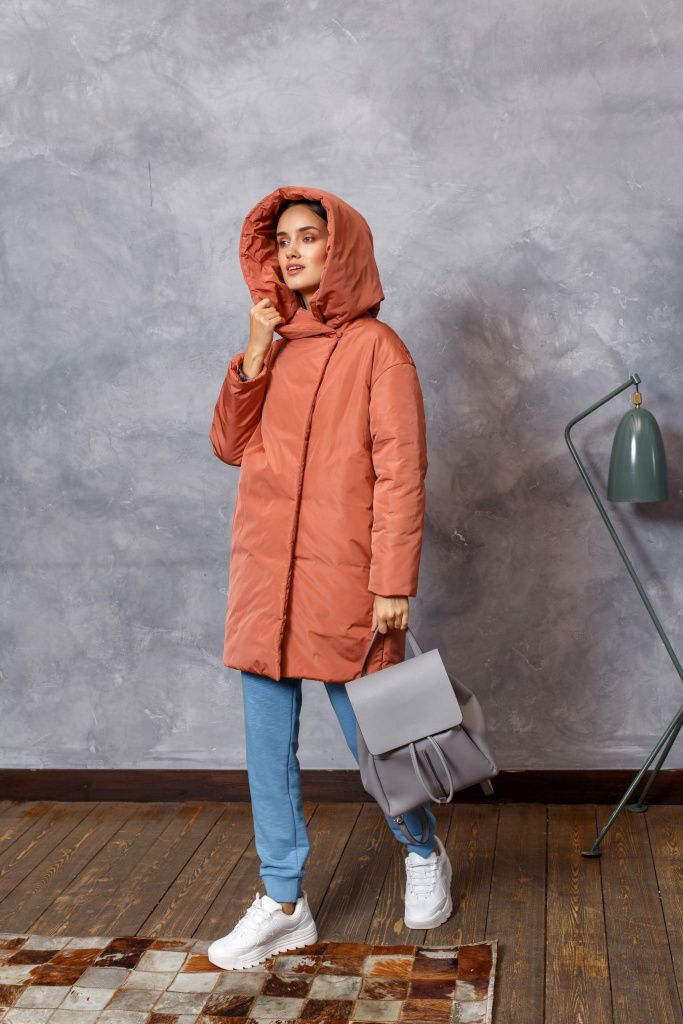
Why a Hooded Jacket Makes a Great Project
Whether you're aiming for a tough outdoor jacket, a light spring hoodie, or a classic winter coat, finding the right jacket with a hood pattern is key. Grasser Bureau's patterns are next-level for anyone who loves sewing! They’re known for super clear instructions and perfect fits, making it easy to create pieces that look high-end. Whether you’re just starting out or have experience, Grasser Bureau offers patterns that help you nail that custom, professional look every time.
When you're picking a pattern, check out quality ones like Grasser’s coat sewing patterns — they have everything from beginner-friendly to more complex designs, so there’s something for every skill level. Making your own hooded jacket lets you customize it just the way you want, so it’s perfect for your needs and style.








